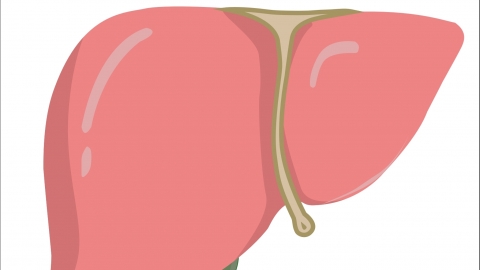What is the normal value for liver fibrosis?
Generally, the evaluation of normal values for liver fibrosis is primarily determined through a series of serological indicators and liver transient elastography measurements. The normal reference ranges for the four liver fibrosis markers are as follows: type III procollagen <18 ng/ml, type IV collagen 30-140 ng/ml, laminin 50-180 ng/ml, and hyaluronic acid <120 ng/ml. The normal range for liver transient elastography measurement is 2.8-7.4 kPa. Detailed explanations are as follows:

These indicators are clinically used as a basis for the preliminary assessment of liver fibrosis severity. When these indicators show abnormalities, it often suggests the possibility of liver fibrosis. For example, if one indicator is abnormal, it may indicate early-stage liver fibrosis; if three indicators are abnormal, it suggests more severe liver fibrosis; if all four indicators are abnormal, it may indicate advanced liver fibrosis, or even early cirrhosis may have developed. Liver transient elastography measures liver stiffness values using ultrasound technology, further assisting in assessing the degree of liver fibrosis.
It is important to maintain a healthy lifestyle, avoiding long-term heavy alcohol consumption, excessive obesity, and other unhealthy habits, as these can lead to chronic liver damage and subsequently trigger liver fibrosis.




